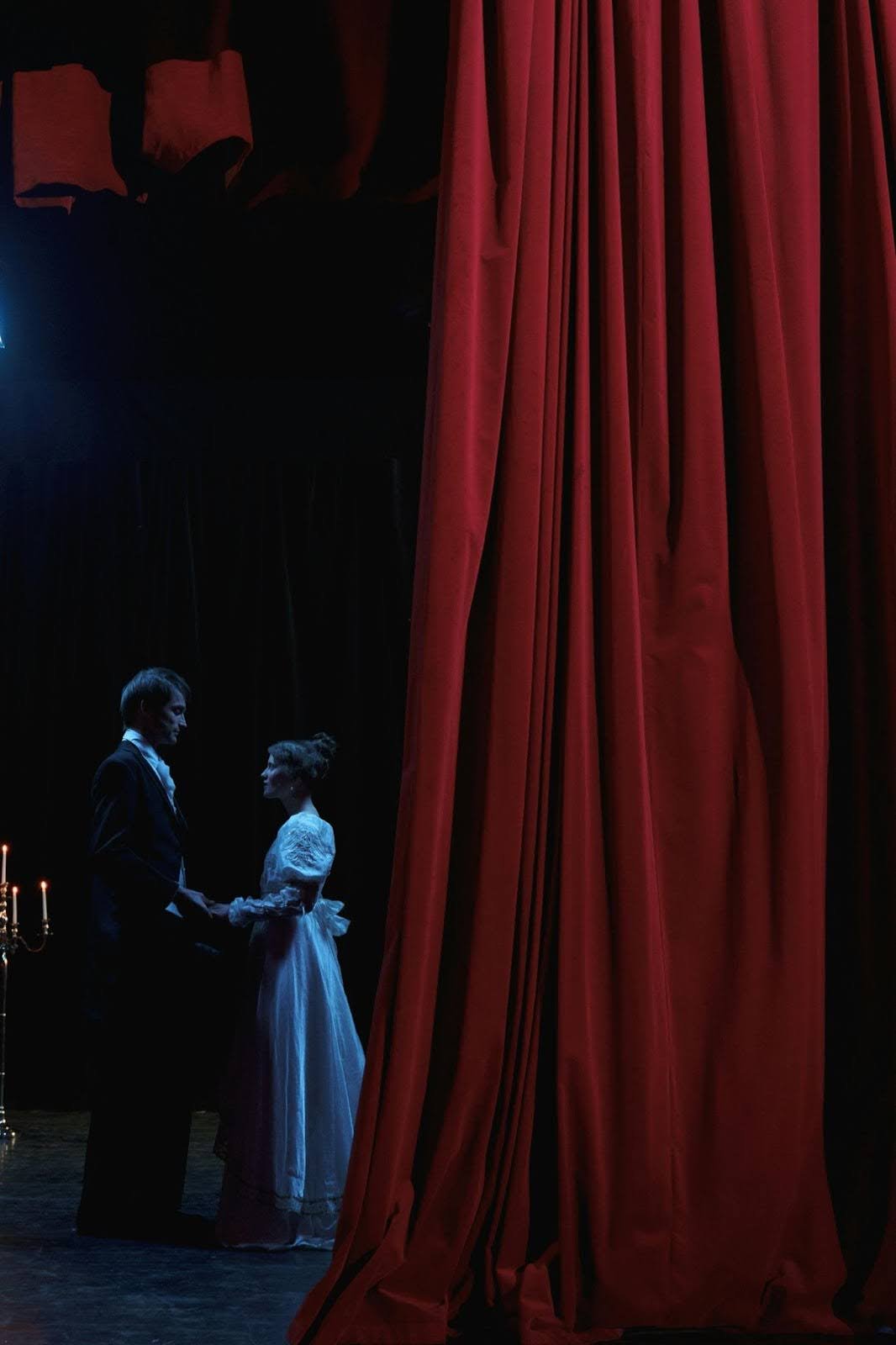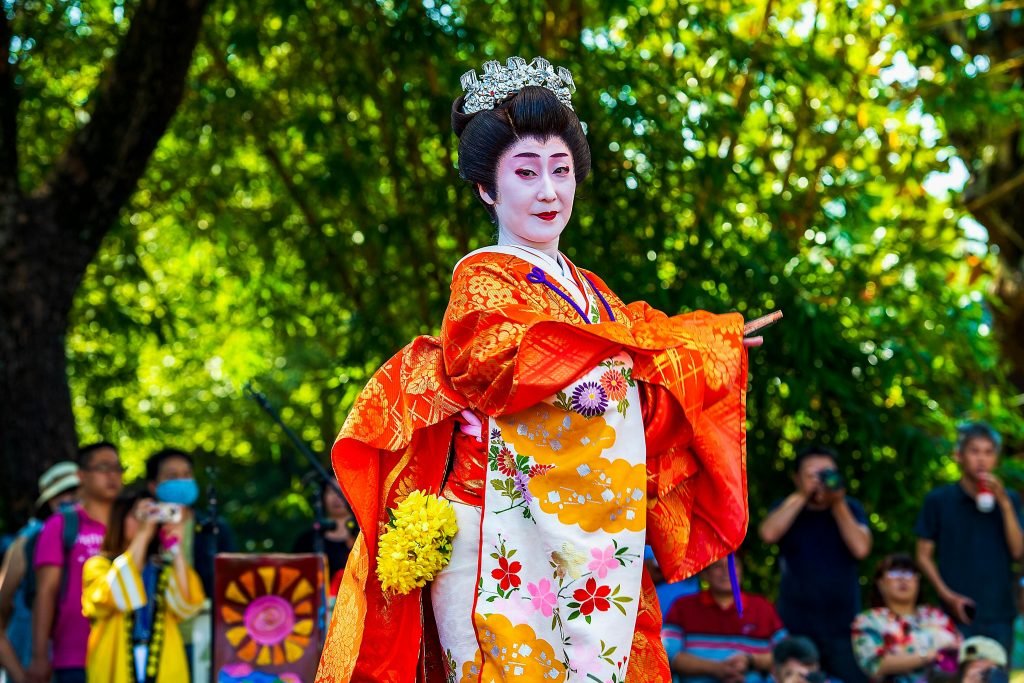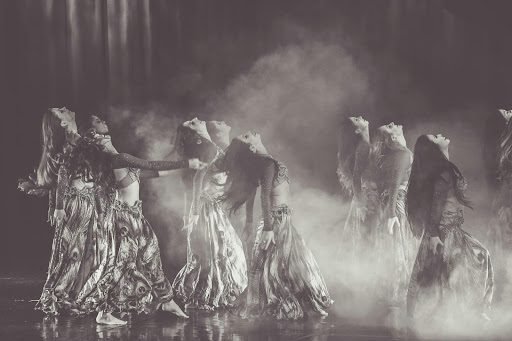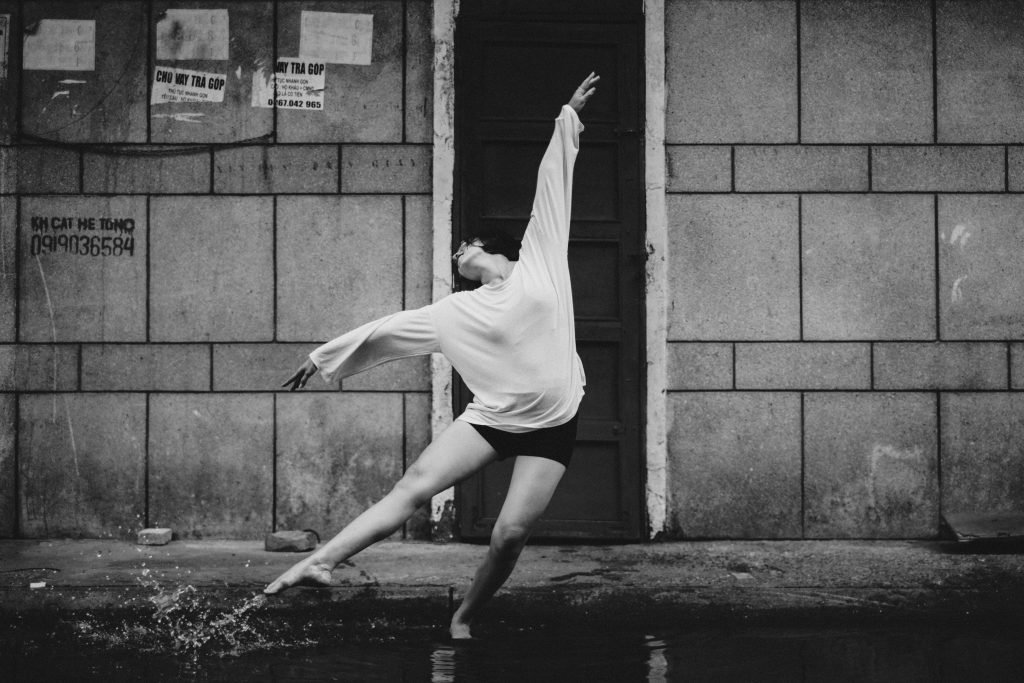
Exploring the Enchanting World of Performing Arts
The performing arts encompass a diverse array of creative disciplines, from theater and dance to music and opera. These dynamic forms of expression captivate audiences around the world. Evoking emotions, sparking imaginations, and fostering connections among people of all ages and backgrounds. In this comprehensive guide, we’ll embark on a journey through the enchanting world of arts, exploring its rich history, diverse genres, and profound impact on society.
The Rich Tapestry of Performing Arts

1. Understanding Performing Arts
It refers to live performances presented before an audience. Where artists convey narratives, emotions, and ideas through movement, sound, and expression. This includes theater, dance, music, opera, and other forms of live entertainment. That engages and inspires audiences through the power of performance.
2. Diverse Genres and Disciplines
This encompasses a wide range of genres and disciplines, each with its own unique characteristics and traditions:
- Theater: Theater combines acting, storytelling, and stagecraft to create compelling narratives and immersive experiences for audiences. From classical dramas to contemporary plays, theater explores the human condition and reflects societal issues, sparking dialogue and introspection.
- Dance: Dance is a form of expression that uses movement, rhythm, and gesture to communicate ideas, emotions, and stories. From ballet and modern dance to hip-hop and contemporary styles, dance transcends cultural boundaries and captivates audiences with its beauty and athleticism.
- Music: Music is a universal language that speaks to the soul, encompassing a diverse range of styles, genres, and traditions. From classical symphonies to jazz improvisation and rock concerts, music has the power to evoke emotions, evoke memories, and unite people in shared experiences.
- Opera: Opera combines music, drama, and spectacle to create grand theatrical productions. It transports audiences to fantastical worlds and epic narratives. With its soaring melodies, elaborate sets, and passionate performances, opera mesmerizes audiences with its beauty and drama.
The Impact of Performing Arts
1. Cultural Enrichment and Heritage Preservation
It play a vital role in preserving cultural heritage and celebrating diverse traditions around the world. Through traditional dances, folk music, and indigenous theater, performing arts keep ancient customs and rituals alive passing them down from generation to generation and fostering a sense of pride and identity among communities.
2. Social Commentary and Advocacy
Performing arts have the power to shine a spotlight on social issues, provoke thought, and inspire change. Through thought-provoking plays, dance performances, and musical compositions, artists address pressing issues such as inequality, injustice, and environmental sustainability, sparking dialogue and mobilizing audiences to take action for positive social change.
3. Economic Growth and Tourism
The performing arts contribute significantly to economic growth and tourism, generating revenue through ticket sales, merchandise, and ancillary services. Major cultural events, such as theater festivals, dance recitals, and music concerts, attract visitors from around the world, boosting local economies, supporting small businesses, and creating job opportunities in the hospitality and entertainment sectors.
4. Community Engagement and Social Cohesion
Performing arts bring people together, fostering a sense of community, connection, and belonging. Whether attending a local theater production, participating in a dance workshop, or enjoying a street performance, audiences come together to share in the joy of live entertainment, forging friendships and strengthening social bonds in the process.
5. Personal Growth and Empowerment
Engaging in performing arts can have profound benefits for personal growth and empowerment. For performers, the act of expressing themselves onstage fosters confidence, self-expression, and resilience, empowering them to overcome fears and embrace their authentic selves. For audiences, experiencing live performances can inspire creativity, stimulate imagination, and foster empathy. Enriching their lives in profound and meaningful ways.
Unlocking the Benefits of Engaging in Performing Arts

Performing arts encompass a wide range of disciplines, from theater and dance to music and opera, each offering unique advantages that extend far beyond the stage. Whether you’re a performer, an audience member, or a patron of the arts, engaging in performing arts can enrich your life in countless ways. Let’s explore some of the remarkable advantages of participating in or supporting the performing arts:
1. Self-Expression and Creativity
Performing arts provide a platform for self-expression and creativity, allowing individuals to unleash their imagination and share their unique perspectives with the world. Whether through acting, dancing, singing, or playing a musical instrument, performers have the opportunity to convey emotions, tell stories, and connect with audiences on a deeply personal level.
2. Confidence and Self-Esteem
Engaging in performing arts can boost confidence and self-esteem by providing opportunities for personal growth and self-discovery. Performing onstage requires courage and vulnerability, and successfully overcoming performance challenges can instill a sense of accomplishment and pride in performers, helping them develop greater confidence in themselves and their abilities.
3. Communication and Social Skills
Performing arts promote communication and social skills by fostering collaboration, teamwork, and interpersonal connections. Whether rehearsing with fellow performers, interacting with directors and instructors, or engaging with audience members, performers develop valuable communication skills that are essential for building relationships and navigating social situations.
4. Emotional Intelligence and Empathy
Performing arts cultivate emotional intelligence and empathy by encouraging performers to explore a wide range of emotions and perspectives. Through portraying diverse characters, experiencing different narratives, and connecting with audience members, performers develop a deeper understanding of human emotions and behaviors, fostering empathy and compassion for others.
5. Discipline and Time Management
Engaging in performing arts requires discipline and time management skills to balance rehearsals, performances, and other commitments. Whether memorizing lines, perfecting choreography, or practicing musical pieces, performers learn the importance of dedication, perseverance, and effective time management, skills that are valuable both on and off the stage.
6. Stress Relief and Well-Being

Performing arts provide a source of stress relief and emotional well-being by offering a creative outlet for self-expression and relaxation. Engaging in artistic activities such as acting, dancing, or playing music can reduce stress levels, improve mood, and promote a sense of fulfillment and happiness. Contributing to overall mental and emotional well-being.
7. Cultural Appreciation and Diversity
Supporting and participating in performing arts exposes individuals to diverse cultures, traditions, and perspectives, fostering an appreciation for the rich tapestry of human experience. Whether attending a multicultural dance performance, enjoying a classical music concert, or watching a theatrical production from another country, audiences gain insight into different cultures and traditions, promoting cross-cultural understanding and respect.
8. Community Engagement and Civic Pride
Performing arts contribute to community engagement and civic pride by bringing people together and fostering a sense of belonging and identity. Whether through local theater productions, community dance recitals, or school musical performances, performing arts events provide opportunities for people to come together. Also, celebrate shared interests and build a sense of community and belonging.
Conclusion
The performing arts are a vibrant and essential part of human culture. Enriching our lives, stimulating our minds, and touching our hearts. From the grandeur of opera houses to the intimacy of local theaters, performing arts venues provide spaces for creativity, connection, and celebration. Bringing people together in shared experiences that transcend language and cultural barriers. By embracing the magic of live performance. We can immerse ourselves in the beauty, diversity, and transformative power of the performing arts.











